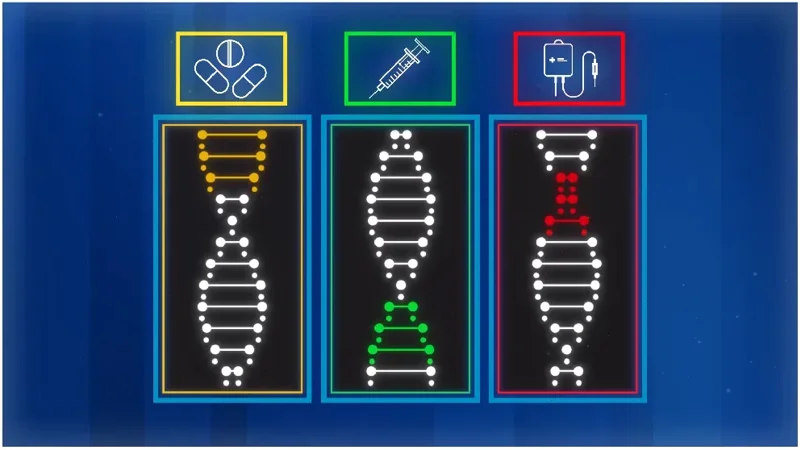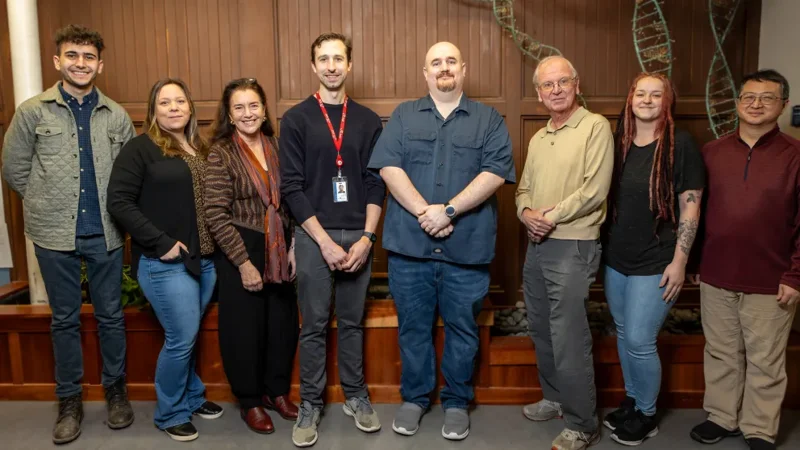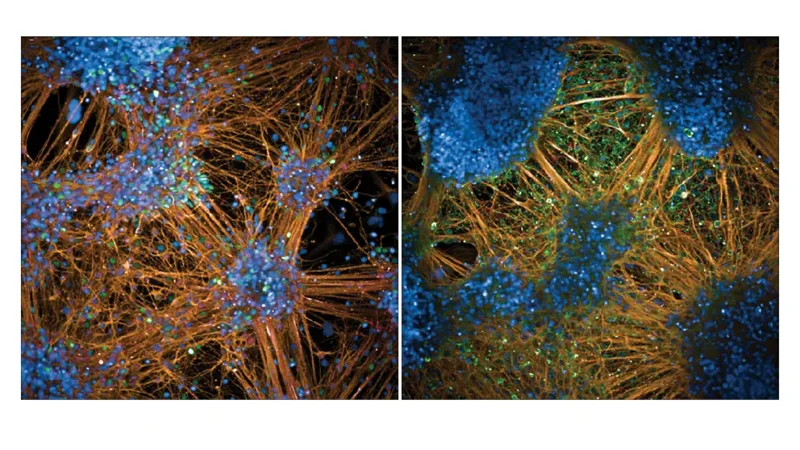The IMSR is a searchable online database of mouse strains, stocks, and mutant ES cell lines available worldwide, including inbred, mutant, and genetically engineered strains. The goal of the IMSR is to assist the international scientific community in locating and obtaining mouse resources for research. Note that the data content found in the IMSR is as supplied by strain repository holders.

Diverse mouse models show promise in how we understand and treat diseases, offering a significant improvement over standardized but limited mouse and cellular models.

How working with genetically diverse could revolutionize our understanding of human disease and treatment.

Genetic testing is a powerful tool in the fight against cancer, playing a crucial role in both prevention and personalized treatment. But what exactly are the different types of genetic tests, and how do they help?

A team led by David Serreze presents a mouse model for studying severe immune checkpoint inhibition-based damage to heart and skeletal muscle, providing an important resource for maximizing the benefits and minimizing the side effects of vital immunotherapies.

JAX scientists are working to make it more feasible for researchers to incorporate diverse background genetics to better model human disease in mice.

A new protocol sets the stage for researchers to directly compare mouse and human cells, and readily incorporates genetic diversity into mouse-based research to more closely approximate human health conditions.
The Knockout Mouse Phenotyping Program (KOMP2) is a global initiative involving 21 research institutions, aiming to characterize nearly all protein-coding genes in mice. The Jackson Laboratory (JAX) has generated and characterized 2,000 knockout mouse lines, contributing significantly to this effort. These mice are crucial for studying rare, single-gene diseases in humans, with 889 disease-gene associations identified. The program provides valuable resources for the research community, enhancing understanding of mammalian and human genetics.
Read More
Two world-leading organizations are partnering to further expand AI capabilities in biomedical science and catalyze medical progress.
View more